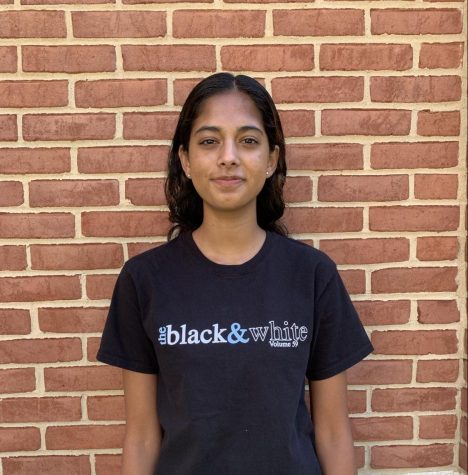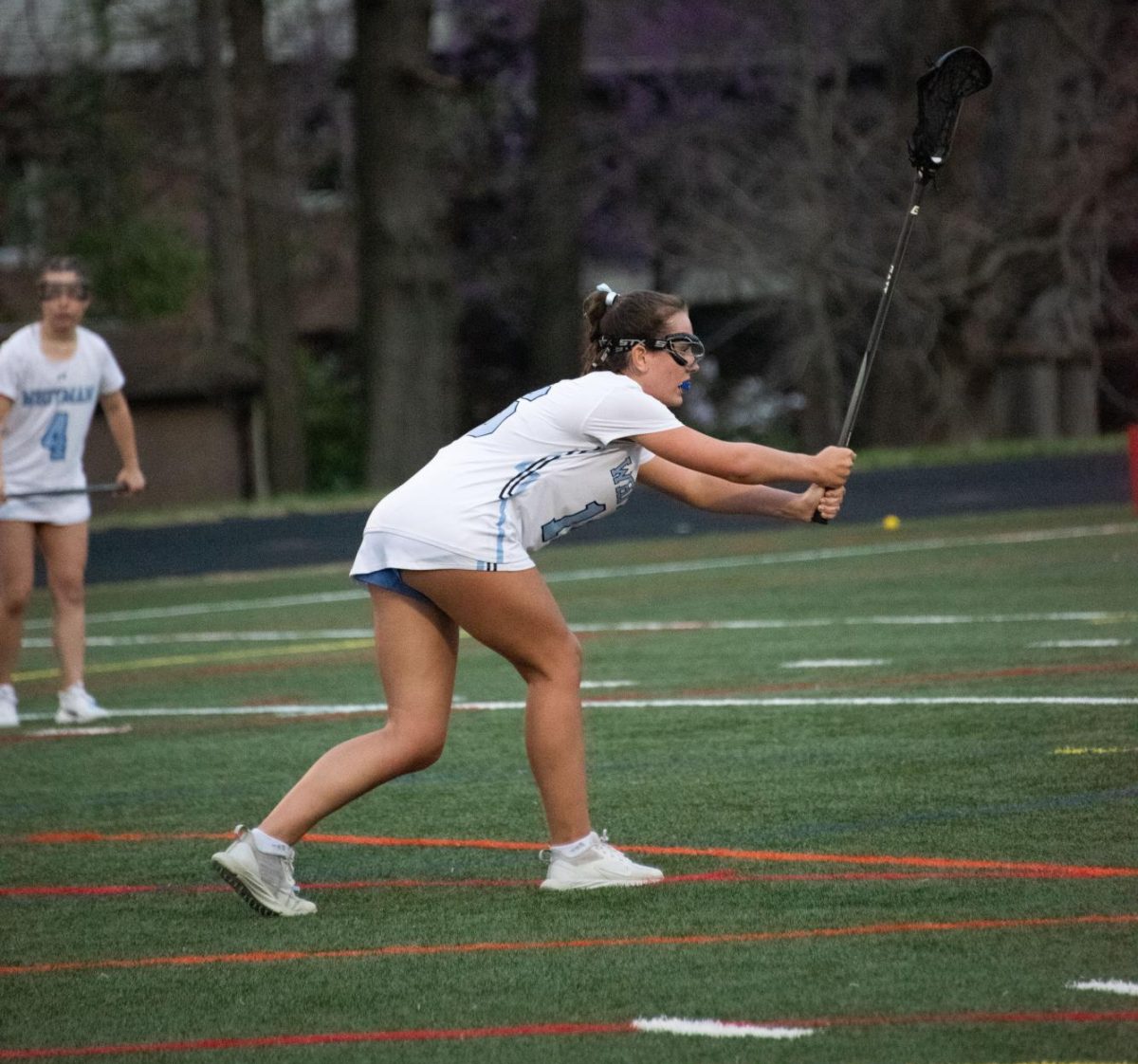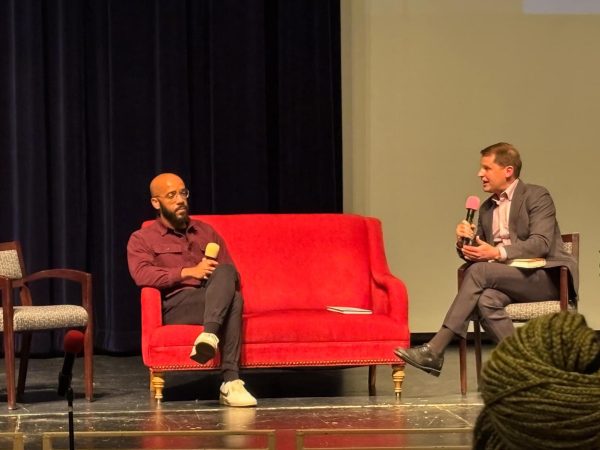Whitman English classes need more creative writing assignments
Creative writing yields both personal and academic benefits, improving cognitive skills and providing students with an outlet for processing life experiences.
November 30, 2020
In second grade, during our designated reading and writing time, I would feverishly scribble down stories and dream up complex worlds. In third grade, I found joy in writing fantasy — stories about dragons, pixies and gnomes. In fourth grade, I discovered poetry, and as a fifth grader, I fell in love with historical fiction. There was nothing that I looked forward to more than the sound of graphite scratching against paper in the silent room where I could immerse myself in another world.
By the time I got to middle school and then high school, however, the creative writing assignments that I had cherished became few and far between.
The curricula for English 9 and 10 courses mainly focus on analyzing texts and writing essays, and that needs to change. Whitman’s English department should incorporate more expressive, varied assignments that allow students to develop creative agency, rather than simply reproducing formulaic non-fiction essays.
Our current English classes allow little opportunity to engage in self-reflection; instead, students are limited to assignments that restrict creativity and self-expression. This shouldn’t be the case. Instead, students should have an outlet to express their thoughts, emotions and struggles. This is especially true in high school, when students are still discovering their identity.
“It can be hard to figure out how you want to be seen and express yourself,” Maeve Hagerty (‘20) said. “Creative writing really allows for that.”
Learning how to articulate your thoughts — whether in the form of short story, poetry or flash fiction — can help us grow not only as people and thinkers, but as writers, too. These kinds of projects can help boost creativity and imagination, something that academic classes rarely prioritize.
Creative writing also provides mental and emotional benefits. A Cambridge University study found that expressive writing alleviates stress and improves psychological health, which can be particularly valuable in Whitman’s hyper-competitive environment.
However, as a result of the intense academic focus at Whitman, many students don’t consider taking the creative writing elective. The course sometimes doesn’t run, simply because there’s not enough interest among students — this year, the course will only be available for one semester. In other MCPS high schools, however, that same class is usually considered a staple, says creative writing teacher Emily Glass.
“At Whitman, there’s more value placed on very highly academic classes than expressive, creative classes,” she said.
But with creative writing assignments incorporated into the English curriculum itself, students could reap its psychological benefits. Writing for just a few minutes each day helps people deal with life experiences, whether they be positive or traumatic.
“It’s a way to sort through the thoughts in my head,” said junior Isabel Ostheimer, who takes creative writing. “Being able to write down things in the moment, and even placing them in a character that’s not me helps me step out of the situation.”
Writing can be a powerful tool in education, not only by improving cognitive skills, but by building confidence in students. Many students may not feel that English is their strong suit largely because they are solely exposed to one type of writing in the English classroom. Experiencing a wide variety of writing forms — something outside of linear narratives and rigid essays — would better engage students instead of boring them. It’s empowering for students to know they created a story that is wholly their own.
Some might argue that the current English curriculums are structured primarily on analysis because they prepare students for the rigor of classes like AP Language and AP Literature, or other college-level writing courses. However, learning how to write in a more creative style — using similes, metaphors and other literary devices — can help students understand the texts they are meant to analyze more thoroughly. Such exercises allow students to gain a broader vocabulary and greater comprehension of the mechanics of reading and writing.
“Creative writing really would have given me a head start in these college classes I’m taking,” said Audra Fried (‘19), a current English major at NYU. “The things we learned were a foundation, but they shouldn’t have been taught as everything.”
Creative writing assignments may be noticeably absent from our English classrooms, but it shouldn’t stay that way. All students communicate differently, and they shouldn’t be limited by certain writing styles. Creative writing has taught me that words can be powerful. Other students should feel that power, too.










